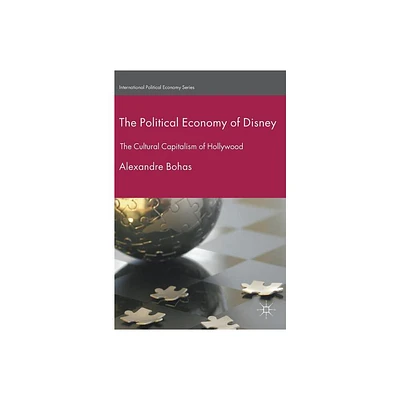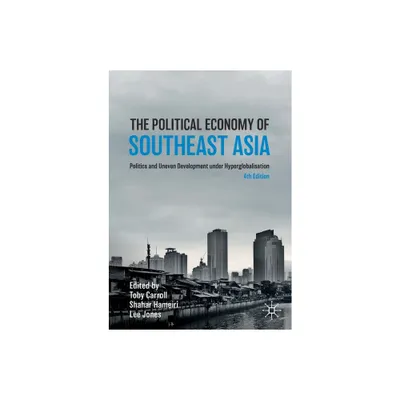Home
Political Economy
Loading Inventory...
Barnes and Noble
Political Economy
Current price: $66.99


Barnes and Noble
Political Economy
Current price: $66.99
Loading Inventory...
Size: Hardcover
*Product Information may vary - to confirm product availability, pricing, and additional information please contact Barnes and Noble
Providing a ‘short take’ on the long history of political economy, this book examines both the stories
about
and those
within
economics. It traces the history of political economy from its beginnings in the Scottish Enlightenment; through its disciplinary demarcation as a science in the nineteenth century that saw its differentiation from literary, aesthetic, and moral discourses; and to its emergence as the ‘amoral’ market-driven neoliberalism that dominates economic theories and policies today.
In exploring the long history of economic thought, it examines and challenges both Enlightenment and contemporary grand narratives such as the stadial theory of progress, the ‘Great Divergence’ and the ‘Great Convergence’ that have divided the world into global norths and souths according to their economic advantages. It concludes with a study of currency as both a medium of monetary exchange and a term that denotes prevalence and acceptance to explore political economy’s continuous engagement with the problem of representing value through money.
Part of the series
Short Takes on Long Views
, this book will appeal to a traditional academic audience of scholars and students, and to a wider public audience of informed non-fiction readers interested in the long history of economics.
about
and those
within
economics. It traces the history of political economy from its beginnings in the Scottish Enlightenment; through its disciplinary demarcation as a science in the nineteenth century that saw its differentiation from literary, aesthetic, and moral discourses; and to its emergence as the ‘amoral’ market-driven neoliberalism that dominates economic theories and policies today.
In exploring the long history of economic thought, it examines and challenges both Enlightenment and contemporary grand narratives such as the stadial theory of progress, the ‘Great Divergence’ and the ‘Great Convergence’ that have divided the world into global norths and souths according to their economic advantages. It concludes with a study of currency as both a medium of monetary exchange and a term that denotes prevalence and acceptance to explore political economy’s continuous engagement with the problem of representing value through money.
Part of the series
Short Takes on Long Views
, this book will appeal to a traditional academic audience of scholars and students, and to a wider public audience of informed non-fiction readers interested in the long history of economics.


















